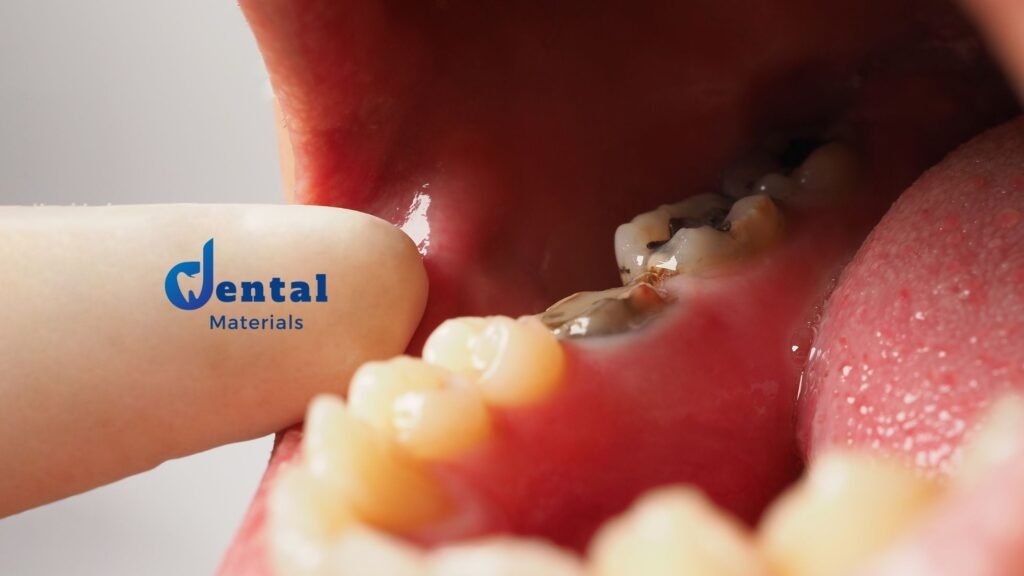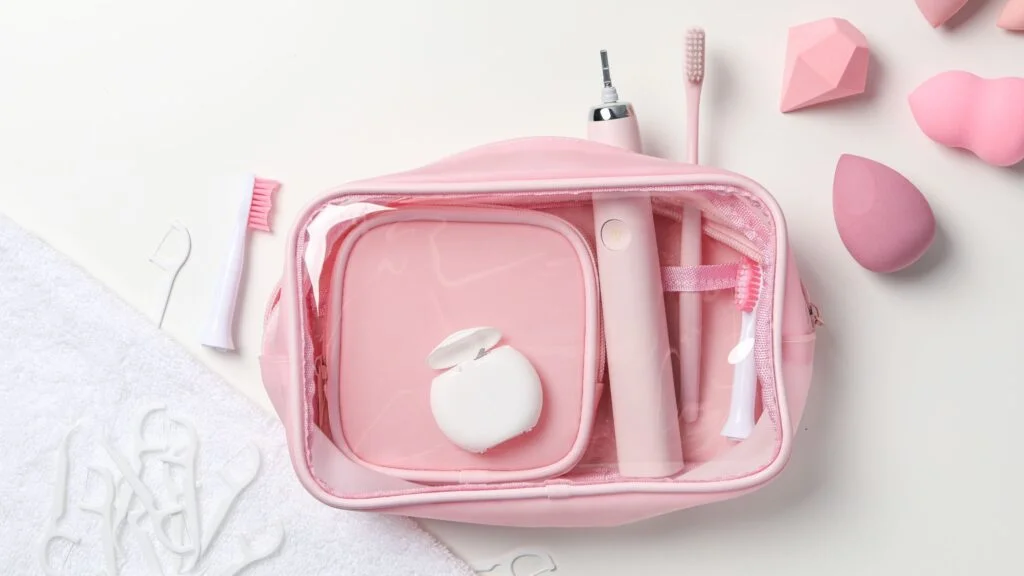Electric toothbrushes, when used properly, do not typically cause teeth to loosen. They are designed to enhance oral hygiene by efficiently removing plaque and reducing gingivitis more effectively than manual toothbrushes. However, using an electric toothbrush with excessive force or using a hard-bristled brush head can potentially lead to gum irritation, gum recession, or wear on the enamel, which might indirectly affect the teeth’s stability over time.
It’s important to use the electric toothbrush as instructed, applying gentle pressure and letting the brush do the work, rather than forcefully scrubbing. Most electric toothbrushes have pressure sensors to alert you if you’re brushing too hard. Additionally, using a brush head with soft bristles can help prevent damage to the gums and tooth enamel.
Advantages of an Electric Toothbrush
Electric toothbrushes offer numerous benefits for dental health. One of the key advantages is the built-in timer, which ensures that you brush your teeth for the recommended 2 minutes. This feature helps you maintain a consistent brushing routine and ensures that you give equal attention to all areas of your mouth.
Additionally, the spinning or vibrating motion of an electric toothbrush effectively removes plaque and food particles from your teeth and gums. This motion allows for more thorough cleaning compared to manual brushing alone. By using an electric toothbrush, you can achieve a deeper clean and improve your overall oral hygiene.
Another advantage of electric toothbrushes is their ability to help you focus on proper brushing technique. With traditional toothbrushes, arm motion plays a significant role in brushing. However, electric toothbrushes minimize the impact of arm motion, allowing you to concentrate more on the proper technique of brushing your teeth.
For children, electric toothbrushes can be particularly beneficial. The vibrant colors and exciting features of electric brushes make toothbrushing a fun and engaging activity for kids. However, it is important to supervise children to ensure they brush for the recommended time and avoid swallowing toothpaste.
If you are considering investing in an electric toothbrush, it is recommended to start with an economic option before committing to a high-quality one. This allows you to experience the benefits of an electric toothbrush and determine if it suits your dental needs and preferences.
Drawbacks of an Electric Toothbrush
While electric toothbrushes offer numerous benefits for oral hygiene, it is important to consider their drawbacks as well. One significant drawback is the cost associated with electric toothbrushes. Some models can be quite expensive, with prices exceeding $120. This cost may deter individuals from investing in an electric toothbrush.
Inconvenience is another drawback of electric toothbrushes. They require nightly charging, which can be an inconvenience, particularly for individuals who frequently travel or are always on the go. Additionally, electric toothbrushes take up space in luggage, making it less convenient to pack them.
For those with dental implants or dental crowns, using an electric toothbrush may not be recommended. The vibrations produced by electric brushes have the potential to loosen these dental restorations, which can be a cause for concern. Therefore, individuals with dental implants or crowns may need to stick to traditional toothbrushes to avoid any complications.
Advantages of a Traditional Toothbrush
When it comes to dental health, traditional toothbrushes offer their own set of advantages. One significant benefit is affordability and ease of replacement. Traditional toothbrushes are more budget-friendly compared to electric toothbrushes and can be easily replaced every three to four months to ensure optimal cleaning.
Traditional brushes are also suitable for individuals with sensitive teeth, dentures, or those recovering from oral surgery or cosmetic dentistry. The soft bristles of a traditional toothbrush provide gentle yet effective cleaning, minimizing discomfort for sensitive teeth and ensuring proper hygiene for dental restorations.
Another advantage is convenience, especially when traveling. Traditional toothbrushes do not require charging or batteries, making them readily available and hassle-free for maintaining oral hygiene on the go.
Effective Dental Cleaning for All
Traditional toothbrushes are a versatile option suitable for anyone, from individuals with tooth sensitivity to those with dental restorations. The simplicity, affordability, and effectiveness make traditional toothbrushes a popular choice among dental professionals for maintaining dental health and hygiene.
Drawbacks of a Traditional Toothbrush
One common drawback of traditional brushing is the tendency to brush too hard, causing damage to the tooth enamel. Pressing too hard while brushing wears away the enamel, which cannot be restored. In comparison, electric toothbrushes can encourage lighter brushing and improve brushing technique. It is essential to find a balance and avoid excessive pressure when using a traditional toothbrush to prevent enamel damage.
Tips for Safe Electric Toothbrush Use
When using an electric toothbrush, it’s important to prioritize safety to prevent tooth damage and ensure enamel protection. Follow these tips to maintain good oral health:
Avoid Excessive Pressure
One of the key aspects of safe electric toothbrush use is to avoid applying excessive pressure. Let the electric toothbrush do the work for you. The vibrations of the brush should gently touch your teeth, and there’s no need for vigorous scrubbing. Applying too much pressure can lead to tooth damage, sensitivity, and gum recession. Remember, a gentle touch is all you need.
Use Electric Toothbrushes with Pressure Sensors
To further enhance your safety during toothbrushing, consider using electric toothbrushes equipped with pressure sensors. These sensors detect when too much force is being applied and provide a notification, preventing potential enamel damage and other dental issues. By investing in an electric toothbrush with this feature, you can ensure that you protect your teeth and gums effectively.
By following these tips, you can safely maximize the benefits of electric toothbrushes while preventing any potential tooth damage or enamel erosion. Remember, maintaining proper oral hygiene is crucial for your overall dental health.
Seeking Professional Help
If you suspect tooth damage from using an electric toothbrush or have concerns about your dental health, it is advisable to seek professional help from a dentist. A dental examination can determine the extent of any damage and provide appropriate treatment options to restore your smile.
During a dental examination, your dentist will carefully assess your teeth and gums to identify any signs of tooth damage. They may take x-rays or perform other diagnostic tests to get a comprehensive view of your oral health. Based on the findings, your dentist will discuss the best course of action to address any issues.
If tooth damage is detected, your dentist may recommend cosmetic dentistry procedures such as porcelain veneers or crowns to restore the appearance and function of the affected teeth. These treatments can correct chips, cracks, discoloration, or other aesthetic concerns, giving you a renewed smile.
In complex cases, it may be necessary to consult with an advanced cosmetic dentist who specializes in intricate restorative procedures. These experts have extensive knowledge and experience in dealing with complex tooth damage and can provide tailored solutions to ensure proper care and treatment.




